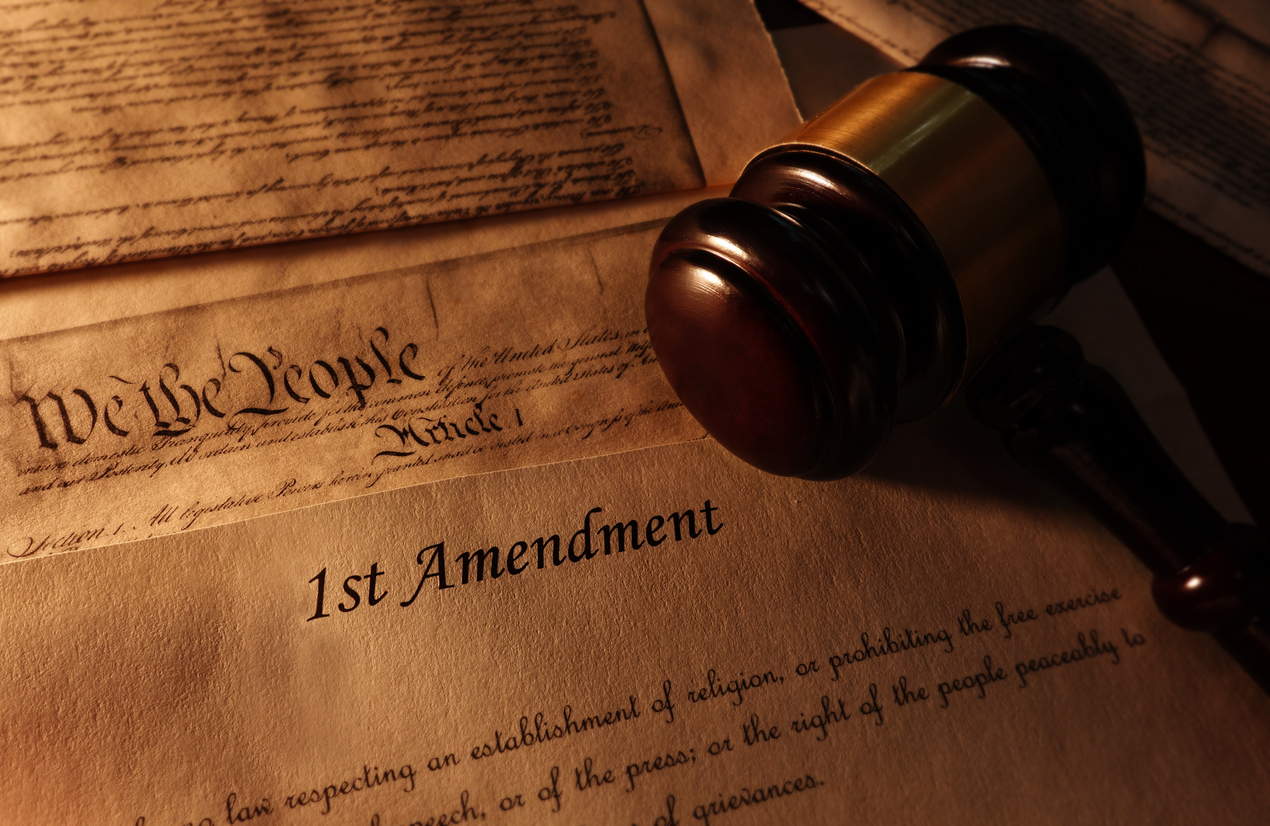CARES Act § 2205: Another Incentive for Charitable Donations
By Kevin Stidham
Bottom Line:
· The Coronavirus Aid, Relief, and Economic Security Act (CARES) Act raises the amount individuals and corporations can deduct from their adjusted gross income for charitable donations made during2020.
· This deduction can be taken by individuals who itemize their deductions on their federal tax return.
· For 2020, individuals can deduct 100% of their adjusted gross income based on qualified charitable contributions.
· Corporations may deduct up to 25% of their 2020taxable income based on qualified charitable contributions.
· Contributions to public charities exempt under §501(c)(3) will fall within this deduction; notably, however, contributions to §509(a)(3) supporting organizations or donor advised funds (defined in § 4966)which would normally qualify as a public charities cannot be included in the deduction calculation for purposes of CARES Act Sec. 2205. [i]
· These deductions offer religious nonprofits a valuable tool in this time of financial crisis: increased tax incentives for charitable donations.
_________
Another Charitable Giving Incentive Created by the CARES Act
Title II of the Coronavirus Aid, Relief, and Economic Security Act (CARES) Act creates several incentives for charitable giving during the 2020 tax year. In a previous post, I covered the CARES § 2204 modest above-the-line tax deduction available to taxpayers who utilize the standard deduction. This post covers another charitable giving incentive created by CARES Act § 2205(a), which alters the limit imposed on charitable contribution deductions from individual adjusted gross income and corporate taxable income.
Ordinarily, under the Internal Revenue Code, individual taxpayers itemizing their deductions may deduct charitable contributions for an amount up to 60% of their adjusted gross income. [ii] Under CARES § 2205(a)(2)(A), for tax year 2020 only, an individual can deduct up to 100% of their adjusted gross income for “qualified contributions.” There are three requirements to take this 100% deduction: (i) the gift must be made in 2020; (ii) the gift must be made in cash; and (iii) the gift must go to a public charity, other than a supporting organization or a donor-advised fund.
As discussed, CARES Act § 2205(a)(3)(B) excludes donations made to supporting organizations and donor advised funds. [iii] For donations made to supporting organizations and donor advised funds, the 60% deduction limitation remains unchanged.
Individual Benefit for Taxpayers who Itemize
CARES § 2204 reduced above-the-line adjusted gross income for the nearly 90% of individual taxpayers who now take the standard deduction. CARES § 2205(a)(2)(A) raises the limitation for charitable deductions for the portion of individual taxpayers who choose to itemize their deductions. By their nature, itemized deductions are “below-the-line”, meaning they can be applied to reduce the amount of adjusted gross income which will be treated as taxable income.
This giving incentive will be of interest to higher-income individuals, as statistically individuals who itemize their deductions tend to be from higher income brackets. [iv] Additionally, for those in religious communities who donate their income pursuant to a vow of poverty, this may offer a rare opportunity to deduct the full amount of this income.
CARES § 2205(a)(2)(B) Deductions for Corporations
Corporations use their taxable income as the basis for calculating the maximum deduction. CARES § 2205(a)(2)(B) changes the percentage limit for charitable giving deductions from 10% to 25% of taxable income. [v] As the 2017 tax bill reduced corporate tax to a 21% flat rate, which is well below the 37% top marginal rate which individuals pay, CARES § 2205(a)(2)(B) offers a comparably smaller benefit for corporations than it does for individuals.
_______________
Kevin Stidham is a 2020 graduate of Cornell Law School. Growing up in Orange County, California, Kevin was inculcated in the faith through the Catholic education offered at St. Anne School and JSerra Catholic High School. As an undergraduate, Kevin attended the University of Notre Dame where he studied the Great Books while majoring in the Program of Liberal Studies. While at Cornell Law School, Kevin focused on transactional courses with a particular focus in tax courses. During his first summer of law school, he participated in the Blackstone Fellowship by interning under John Peiffer at the founding of NLI. He has also interned for The Busch Firm and plans to practice law in California after law school graduation.
____
[i] CARES Act §2205(a)(3)(A).
[ii] IRC170(b)(1)(G)(i).
[iii] CARES Act §2205(a)(3)(A).
[iv] Joint Committeeon Taxation, Overview of the Federal TaxSystem as in Effect for 2018, 4.
[v] IRC170(b)(2)(A); CARES Act § 2205(a)(2)(B)(i).
.png)




